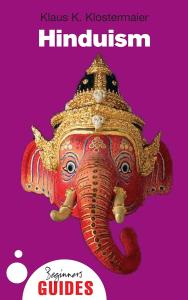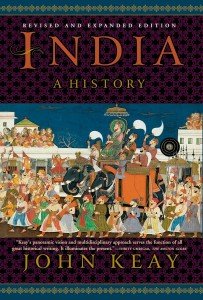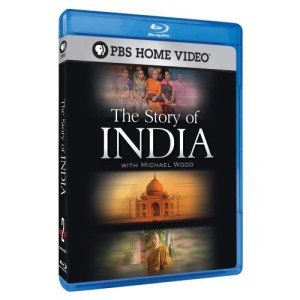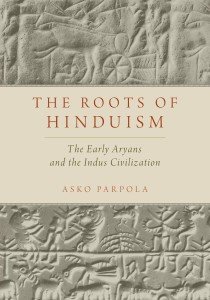Review
 Shashi Tharoor's Why I Am a Hindu is not merely a defense of Hinduism; it's a passionate and intellectually rigorous exploration of the faith's multifaceted nature, its historical trajectory, and its enduring relevance in the modern world. Far from a simplistic apologetic, Tharoor's work is a nuanced and often challenging engagement with both the glories and shortcomings of his ancestral religion, a self-described "love letter" that brims with both scholarly insight and personal reflection. Published by Scribe US in 2018, the book arrived at a crucial juncture, amidst rising global anxieties surrounding religious identity and the increasingly polarized political climate. Tharoor's book, therefore, resonates with a particular urgency and timeliness.
Shashi Tharoor's Why I Am a Hindu is not merely a defense of Hinduism; it's a passionate and intellectually rigorous exploration of the faith's multifaceted nature, its historical trajectory, and its enduring relevance in the modern world. Far from a simplistic apologetic, Tharoor's work is a nuanced and often challenging engagement with both the glories and shortcomings of his ancestral religion, a self-described "love letter" that brims with both scholarly insight and personal reflection. Published by Scribe US in 2018, the book arrived at a crucial juncture, amidst rising global anxieties surrounding religious identity and the increasingly polarized political climate. Tharoor's book, therefore, resonates with a particular urgency and timeliness.
Shashi Tharoor boasts an impressive career, having dedicated twenty-nine years to the United Nations, where he ultimately held the position of Under-Secretary-General. Currently, he is a Member of Parliament for the Congress party in India. Beyond his political career, Tharoor is an accomplished author with fourteen books to his name and has been the recipient of numerous literary accolades, including the prestigious Commonwealth Writers’ Prize. He holds a PhD from the Fletcher School and was recognized as a Global Leader of Tomorrow by the World Economic Forum in Davos in 1998.
The book's strength lies in its masterful weaving together of historical context, theological analysis, and personal anecdotes. Tharoor expertly navigates the vast landscape of Hindu philosophy and practice, deftly explaining complex concepts in accessible language. He doesn't shy away from the difficult questions – the caste system, the treatment of women, the sometimes-violent episodes in Hindu history – but addresses them with a critical eye, acknowledging the flaws while simultaneously highlighting the rich tapestry of inclusivity and tolerance that also defines the faith.
One of the most compelling aspects of the book is Tharoor's exploration of the inherent pluralism within Hinduism. He eloquently argues against the simplistic and often reductive Western interpretations that portray Hinduism as a monolithic entity. Instead, he demonstrates the broad spectrum of beliefs and practices, from the deeply philosophical Advaita Vedanta to the devotional bhakti movements, showcasing the remarkable diversity that flourishes under the broad umbrella of Hinduism. He emphasizes the role of ancient texts, such as the Upanishads and the Bhagavad Gita, while also acknowledging the significance of regional variations and evolving interpretations throughout history. This emphasis on internal diversity is crucial in countering the dangerous homogenization that often accompanies attempts to define and categorize religions.
However, the book isn't without its limitations. While Tharoor effectively counters criticisms leveled against Hinduism, his staunch defense sometimes veers into what some might consider apologetics. While acknowledging the historical injustices associated with the caste system, his focus on its gradual decline and reform movements might overshadow the enduring legacy of caste-based discrimination for many readers. Similarly, his treatment of Hindu nationalism, though present, feels somewhat subdued, given the increasingly prominent role of Hindu nationalist ideology in contemporary Indian politics. A more robust and critical engagement with this aspect would have further strengthened the book's intellectual rigor.
Furthermore, the book's strong emphasis on the intellectual and philosophical aspects of Hinduism might inadvertently overshadow the vibrant devotional and ritualistic aspects that are central to the faith for many practitioners. While Tharoor touches upon these aspects, a more detailed exploration of the lived experiences of ordinary Hindus across different regions and social strata could have provided a more comprehensive picture.
Despite these minor criticisms, Why I Am a Hindu remains a significant contribution to the ongoing dialogue surrounding Hinduism and its place in the modern world. Tharoor's clear prose, combined with his deep understanding of the subject matter and engaging personal reflections, makes it an immensely readable and thought-provoking book. It is a compelling invitation for both those familiar with Hinduism and those seeking to gain a deeper understanding of it. It's a book that challenges assumptions, stimulates critical thinking, and ultimately leaves the reader with a deeper appreciation for the complexity and richness of this ancient and evolving faith. While not perfect work, its strengths far outweigh its weaknesses, making it a valuable and insightful addition to the literature on Hinduism.






